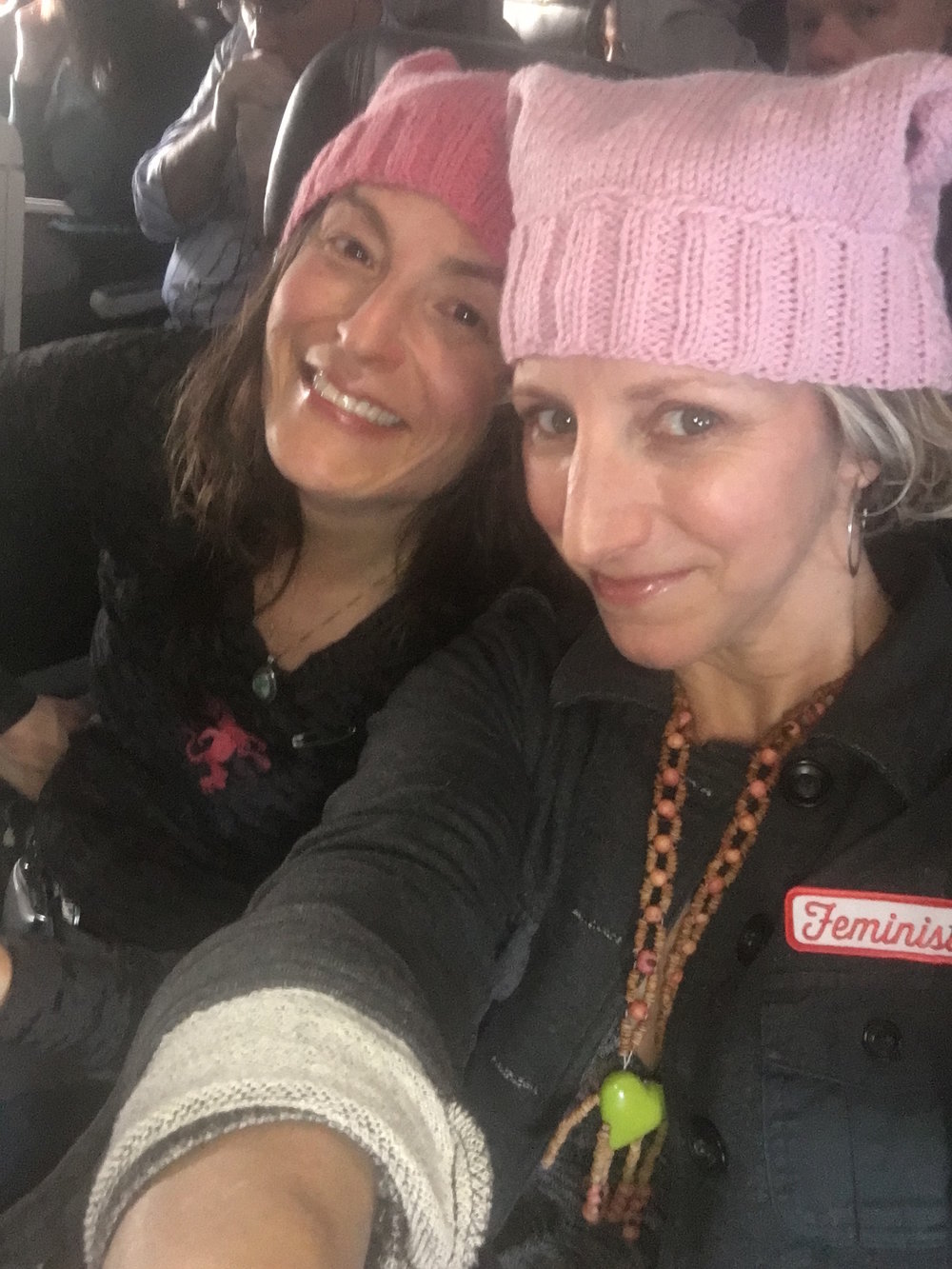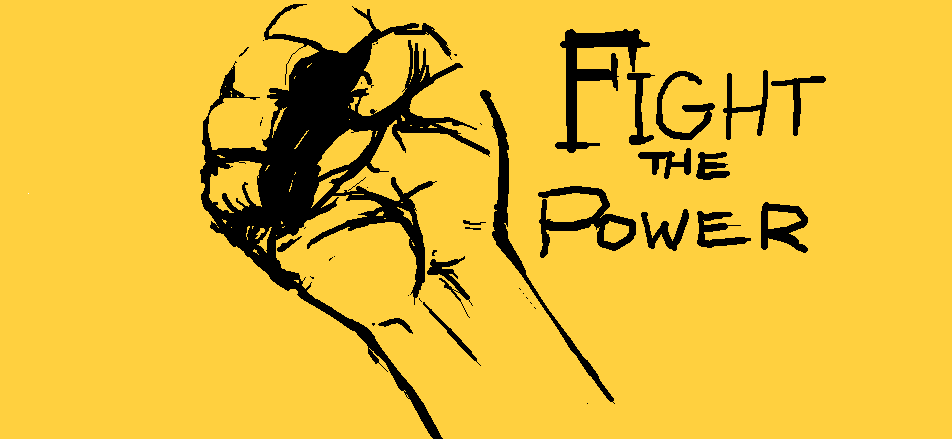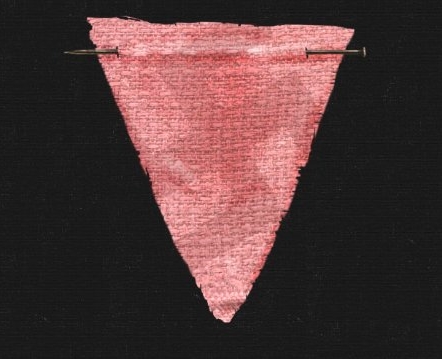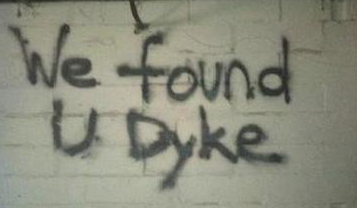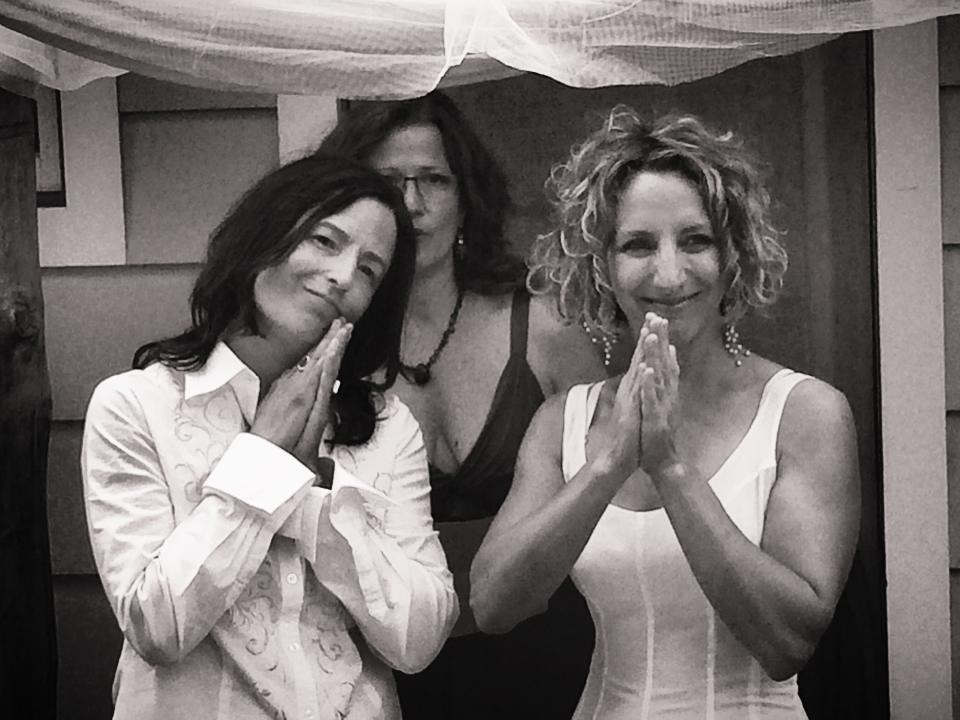0
0
1
1653
9424
Bardo Industries
78
22
11055
14.0
Normal
0
false
false
false
EN-US
JA
X-NONE
/* Style Definitions */
table.MsoNormalTable
{mso-style-name:"Table Normal";
mso-tstyle-rowband-size:0;
mso-tstyle-colband-size:0;
mso-style-noshow:yes;
mso-style-priority:99;
mso-style-parent:"";
mso-padding-alt:0in 5.4pt 0in 5.4pt;
mso-para-margin:0in;
mso-para-margin-bottom:.0001pt;
mso-pagination:widow-orphan;
font-size:10.0pt;
font-family:"Times New Roman";
mso-fareast-language:JA;}
On March 22, 2013 at 5:00 am, the Bellevue SWAT Team, a police department located twelve miles from our Seattle home, arrived in full combat gear and killed an unarmed black man.
Russell Smith, the man killed, was out on parole and staying at his brother’s house just four doors away from our home. Russell Smith may or may not have committed the crime he was killed over, we will never know. He was not arrested or bought to trial. Instead, while being served an arrest warrant, three officers of the Bellevue SWAT Team fired twenty-one shots. Sixteen bullets pierced Russell Smith’s body. He was then handcuffed and left bleeding in the gutter in front of our neighbor’s home until aid arrived, without urgency, no lights or sirens blaring.
At 5:00 am there were no eyewitnesses. Nobody looked out their windows. Nobody pulled out a cellphone to capture the scene on video. None of us bore witness to the police shooting and killing another unarmed black man. Startled out of sleep, we hid under our beds, shielding our families from what sounded like warfare.
Ours is a rapidly gentrifying neighborhood. Just four families have experienced crack houses and crime morphing into baby strollers and a weekly farmer’s market. We own our homes and work at Microsoft and Amazon. Some of us are entrepreneurs. Others are architects and contractors. A few have retired. Many are artists seeking an affordable community to raise children. We know every neighbor, child and pet by name. We have an annual summer potluck, feed each other’s cats when vacationing, share firewood and root for the Seahawks together.
Occasionally we’ll hear a gunshot and have learned to shrug it off as a product the old neighborhood. Police helicopters can litter the sky and my wife will say, “our friends are here.” Up until that March day, we carried a false sense of safety, of comfort.
From 5:00 am until 11:00 am our block was in lock down. Neither Bellevue nor Seattle Police communicated with us. Calls to 911 reported police activity, which we obviously knew. Kitty corner to our street, the SWAT had set-up a coffee and donut truck. Coffee, donuts, assault rifles, Humvees and a dead black man. The grade school, one block south and three blocks east, was open for business. School buses loaded with students drove past the taped-off and active crime scene, the school Principal never informed about the police activity down the street.
A plain clothed police officer had staked out our neighborhood a week earlier. Our neighbor saw him parked in front of his house and inquired about what was going on. When you live on a dead-end street, you notice every unfamiliar face. The officer mentioned suspicious activity on the street opposite our block. Feeling uneasy, our neighbor inquired again about the safety of his family as they sleep just twenty-five feet from where the officer was parked. He said there was nothing to worry about.
Twice, a Detective visited the Seattle Parole Office to identify Russell Smith. They knew the exact times when he met with his Parole Officer. They knew where he worked. They knew his habits, one of which was to leave for work everyday at 5am. When SWAT arrived on that morning, Russell was in his car, a compact gold Mercedes coupe, with the engine running. As they approached him, he back out of his driveway with such force that he hit a neighbors F250 truck and moved it into the middle of the street. They claimed he tried to run them down, using his vehicle as weapon, giving them permission to shoot to kill.
Facts matter in the death of innocence. Facts should be a determinate for outcome. Yet, we’ve given permission to a system where facts are deemed emotional and innocence corrupt.
Growing up white and relatively privileged, we had never experienced a trauma of this magnitude.
In the moments after the police tape came down, the media wrapped up their interviews, and the fire department hosed Russell’s blood down the storm drains, we gathered in shock and grief. There was one imperative to know what Russell Smith did.
“Did you know him?”
“I know he’s been in and out of jail a lot.”
“How long has he been staying with Rydell?”
“I first saw his car parked out front in January.”
“He had funky energy. I didn’t want to talk with him.”
“He was always getting in trouble as a kid. I don’t think I’ve seen him in twenty years”.
“His car was filled with stuff. He’d leave his trunk and car doors open all day long”.
“Whatever he did was really bad to warrant this many police.”
“Russell Smith must have been a super bad guy.”
“He must have been a terrorist. He must have killed a lot of people.”
As we’re standing around, generations of Russell’s family and friends arrived; so many of them. Some sat on the curb, crying and hugging in front of the ransacked house, next to the flags marking bullet casings and a crime scene sketched in paint on street. Others cleaned, picked up broken window shards from the garden, putting an axe-hacked door back on it’s hinges, and frenetically scrubbing the street to erase death from their sight.
Immediately, Russell the criminal became Russell the son, brother, father, former husband. He was loved. The people that loved him were shattered. While we weren’t Russell’s witnesses, we bore witness to his family. We shared the same story, a story that binds, the story of grotesque inhumanity.
We cognitively knew that violence and racism too frequently intersect. Having never lived it up close and personal, we had no gauge for the confusion, severity of distrust and bewilderment towards those whose job it is to protect and serve.
Suddenly, the police felt as dangerous as criminals.
Needing to feel safe, we requested a meeting with the police. The entire neighborhood attended.
“What did he do? Why did he get shot? Why so many times? Why didn’t they shot his tires? Why were you serving him an arrest warrant at home? Why 5am? Why didn’t you arrest him at his parole office? We’re you late? How was he in his car? Why is Bellevue SWAT serving arrest warrants in Seattle? What did he do that required two SWAT teams? What happened to the second suspect?”
Their answers were vague, brushed off with hand waves and blah blahs.
“There will be an investigation. I can’t answer that until after the investigation. You’ll know soon. There will be an inquest. It will be clear in time. You’ll be relieved when you find out what he did.”
The one African American neighbor present shook us each time he spoke. He was only person who really understood what had happened and we were afraid to listen to him. He was filled with disdain, shaking his hands, fists and head. Blaming the cops present. Calling them criminals and us fools for seeking justice and accountability.
“Nothing is ever going to change. Black men will continue being killed because they are black and you will continue being outraged. But, your lives will go on.”
He knew our white children had nothing to worry about. He knew our need for understanding was as much a dead-end as the street we live on.
“It’s always been like this,” he said with a dismissive pat on the back, “it’s nice you’re trying though”.
We remained resolute for justice. As politely as possible, we demanded accountability. We believed that our predominately white community could change the system. We were the ones who could make the world right again.
One month to the day that Russell Smith was gunned down, we held a community meeting, three hundred people packed in The Church of Hope, including both Seattle and Bellevue Police Chiefs, the Deputy Mayor, half of the Seattle City Council, religious leaders and community members.
Prior to the meeting, I received multiple calls from the Bellevue Chief of Police seeking reassurance that this was not an ambush.
“Everybody will behave, right?” She repeatedly asked this question.
This was pre-Trevyon Martin, pre-Michael Brown, pre-Eric Garner, pre-Freddie Gray, pre Sandra Bland, pre all the others who remain nameless. “Every will behave” translates to “nobody’s going get upset and protest, right?”
Of course we behaved. This type of killing was an anomaly in our community. The cops treated us respectfully; no one donned riot gear. You don’t wear riot gear for a white audience. The only insult was directly from the mouth of the Bellevue Police Chief when Russell’s family demanded an apology, she could barely spit words out, sputtering nothing, no remorse, no regret, no empathy.
Yet, the meeting was strangely uplifting, as if we did something that mattered. We celebrated afterwards with drinks, as you would a victory in a soccer game.
While we should have been plotting our next move, a larger event, an uprising to ensure those cops were indicted, we drank martinis, ate some bar food, went home and slept a little easier than we had the night before. In the morning, still feeling accomplished, we walked past the boarded up house with our head a little higher, boosting a false sense of justice.
We never learned the names of the cops who killed Russell Smith.
When the inquest happened, nearly a year later, our fervor had faded. Only one neighbor attended. We were disappointed but not surprised when the cops got off. The local paper wrote a small piece about it. The house remained a gaping wound for almost a year. Children scooted past the boarded up windows and chalked up the sidewalks, as we all grew immune. The open wounds were eventually closed with new windows, now covered in sheets, hiding a shell shocked dog that barks 20 hours a day. Russell’s brother still lives there. I suggested he sell the house, unable to imagine how you could live in front of the site where your brother was killed, as I dreamed of new neighbors who would renovate so I could forget.
I can’t bear to see Russell’s brother, a shell of human, letting time and circumstances smack him around. Each time he leaves the house, he lays his garbage cans in street to block the possibility of anybody ever parking near him.
We know longer talk about that day, even in the light of more police shootings. We don’t need too. Neighbors asked we that we stop talking about it.
“I can’t talk about this anymore. I don’t want the kids to hear us talking about it. Please don’t mention it to me.”
While everybody, especially the kids, had months of sleeplessness, few sought counsel. Even though each of us is forever altered, it’s as if it the violence happened around us and not to us.
If we close our eyes tight enough, we can wish away. At least the white of us can. We don’t teach ours sons to raise their arms in the air if stopped by the police. The police will never pull us over while driving because of our skin. We don’t have to deal, as our lives don’t depend on it. Our lives have returned to what they were before. The only difference being that loud noises at night send us straight into panic. Other than that, our white privilege, regardless of economics, keeps us safe from the boogeyman.

